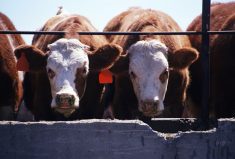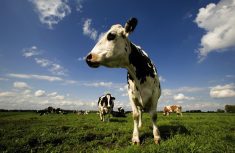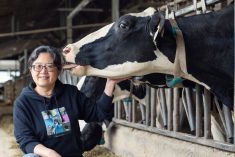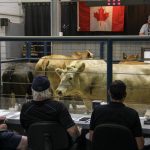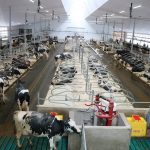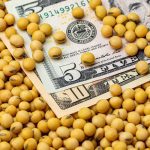The company behind a methane emission inhibiting livestock vaccine has been selected as a finalist at a pitch night celebrating animal health, nutrition and technology.
New Zealand ag biotech company Lucidome Bio was chosen as one of 14 global finalists to pitch at the Animal Health, Nutrition and Technology Innovation USA event in Boston.
Why it matters: the Canadian beef and dairy industries have pledged to sharply reduce greenhouse gas emissions.
A May 14 news release described the company’s vaccine — which is still in development — as “a low-cost, high-impact tool that could dramatically reduce greenhouse gas emissions from livestock.”
Read Also
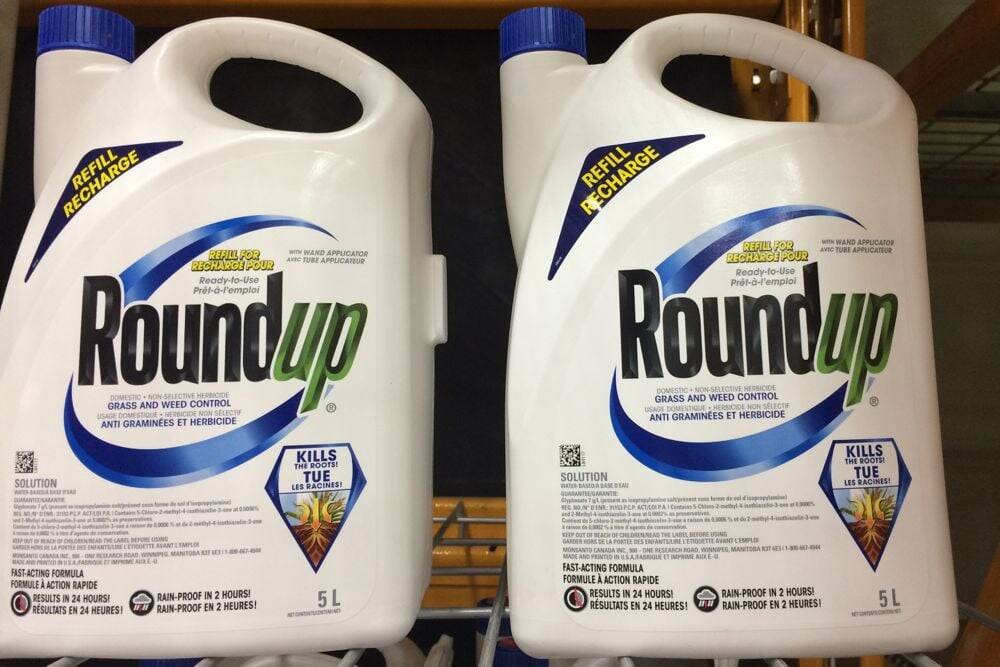
Bayer’s proposed Roundup settlement faces first signs of pushback in court
Law firms representing nearly 20,000 people who sued Bayer over alleged injuries from its Roundup weedkiller urged a Missouri judge to delay reviewing the German company’s proposed US$7.25 billion nationwide settlement, arguing that rushing would violate the rights of cancer patients and their families.
The pitch night is a global platform for animal health and ag tech companies to present “game-changing” innovations to industry leaders, investors and collaborators. Attendees vote for the most promising ventures.
According to Lucidome Bio, the vaccine triggers an animal’s immune system to produce antibodies in saliva that suppress the activity of methane-producing microbes (methanogens) in the rumen. These microbes are responsible for the bulk of methane emitted by livestock, considered significant contributors to climate change.
“A vaccine that reduces methane would be transformative for farmers worldwide,” wrote Bridgit Hawkins, company chair, in the news release.
“What we’re developing has the potential to fundamentally shift how livestock emissions are managed, offering farmers a practical, cost-effective tool that doesn’t compromise productivity. It’s a solution that works with nature, not against it.
“Being recognized on the global stage affirms not just the calibre of New Zealand science but the urgency and relevance of what we’re building. It isn’t innovation for innovation’s sake — it’s a critical lever for climate action in agriculture and we’re proud to be leading from the front.”
Efforts to mitigate livestock gas emissions have been taking place worldwide ever since they were identified as a sizeable contributor of greenhouse gases in the environment.
In 2023, the federal government made $12 million available to help scientists find ways to reduce these emissions as part of its Agricultural Methane Reduction Challenge.
In 2024, Bovaer, a powdered supplement that cattle feeders and dairy producers can mix with feed, was approved for use in Canada. The developers, Switzerland-based dsm-firmenich, claimed it could reduce methane emissions in beef cattle by an average of 45 per cent and by 30 per cent in dairy cattle.





